Healthcare
The healthcare industry is an ever-changing field that requires extensive skills and training for its professionals. Effective communication, coordination of activities, clarity on decision making, and managing of errors is vital. Just as effective communication between doctor and patient is essential to achieve a high-quality healthcare.
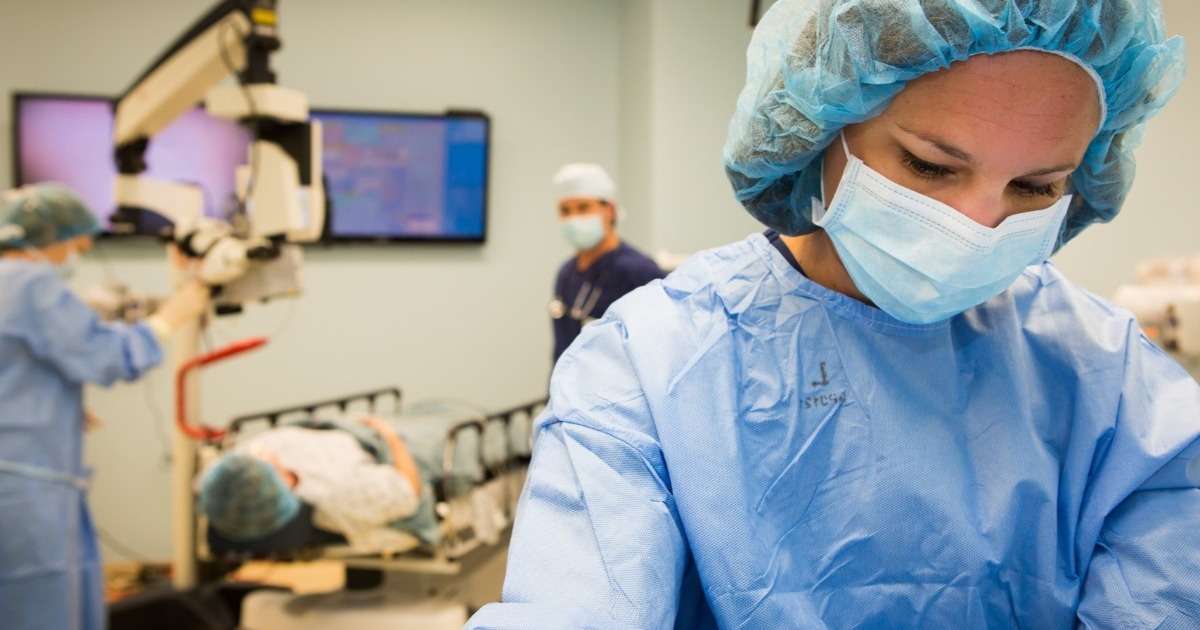
Learn to cooperate toward shared goals using the principles of CRM
Teamwork plays an important role in ensuring patient safety and avoiding errors. The most commonly used method to promote teamwork, is training entire teams together to better prepare them for effective cooperation.
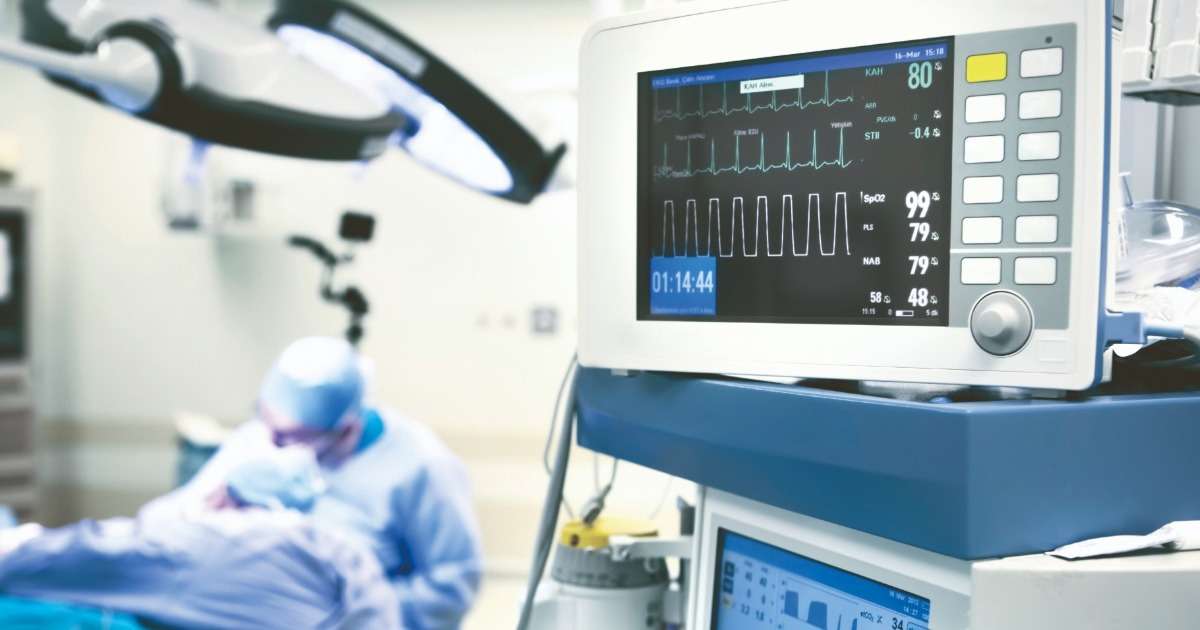
Video recording medical trainees who are interrupted during a complex task
Interruptions in your work have a negative effect on completing your tasks correctly. Jones and her team examined the impact of clinical interruptions on simulated trainee performances during central venous catheterization.
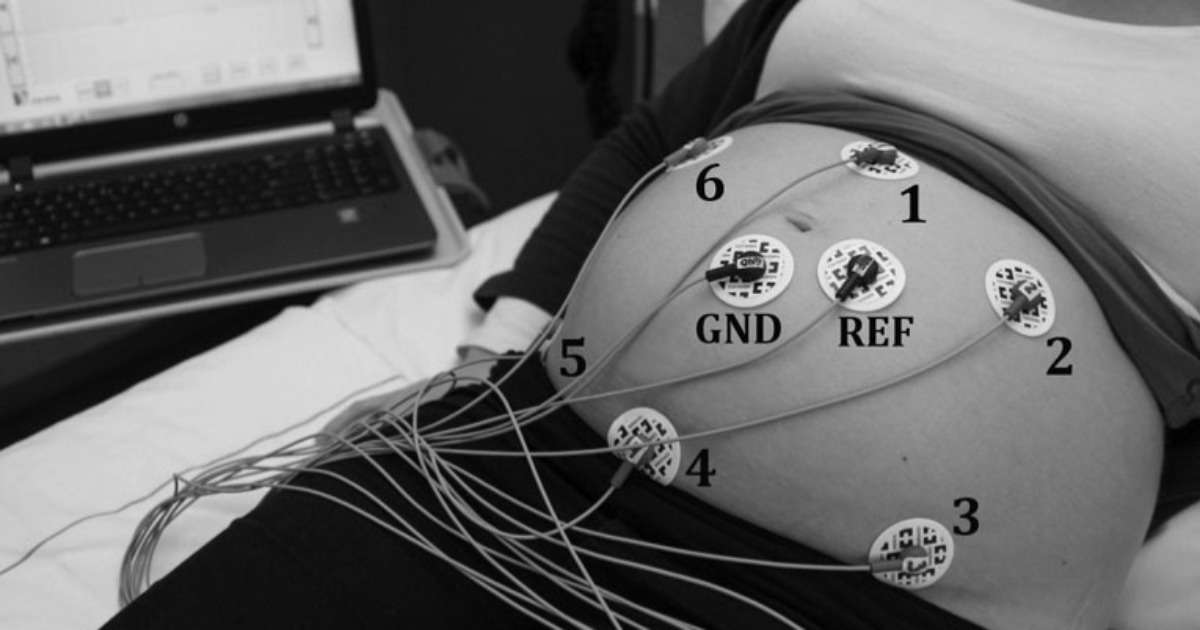
Fetal electrocardiography
The results of the fundamental research reported in Kim Verdurmen's thesis show that fetal ECG is a technique that is still developing but has shown to have multiple promising prospects, both during pregnancy and labour.
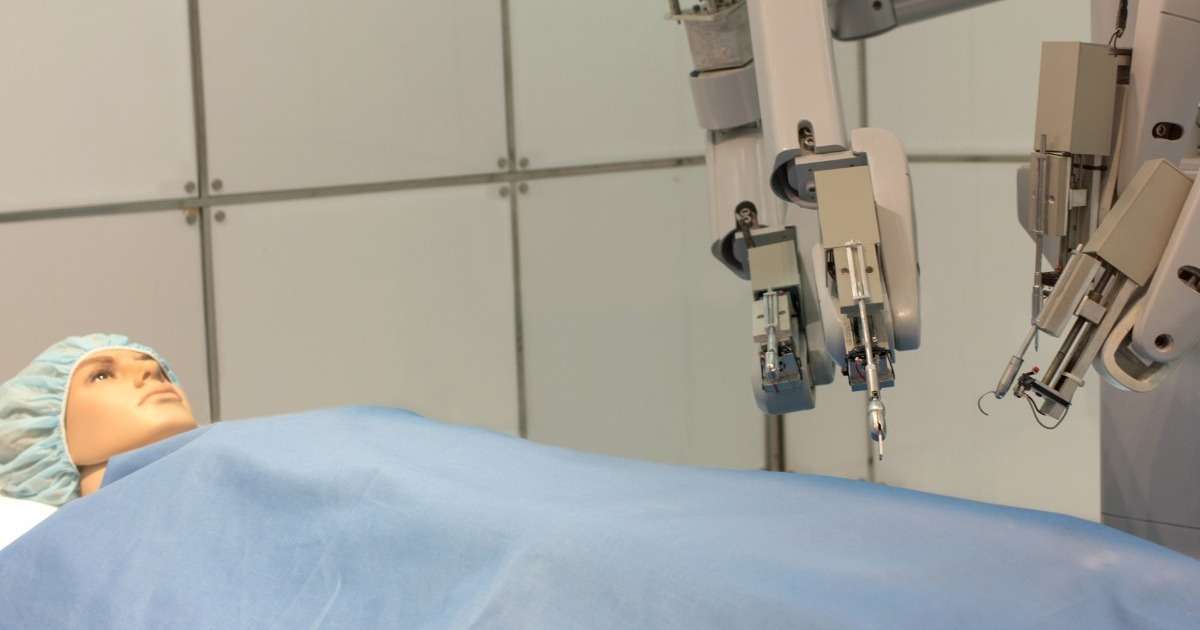
Robots in the operating room
Dr. Ahmad and his team analyzed surgical team movements during robot-assisted surgery to understand and categorize causes for interruptions.

Two ways to learn more about medical simulation and debriefing
There are two ways to get ahead and stay ahead in healthcare education. One - learn from the best and - two - stay on top of your game!
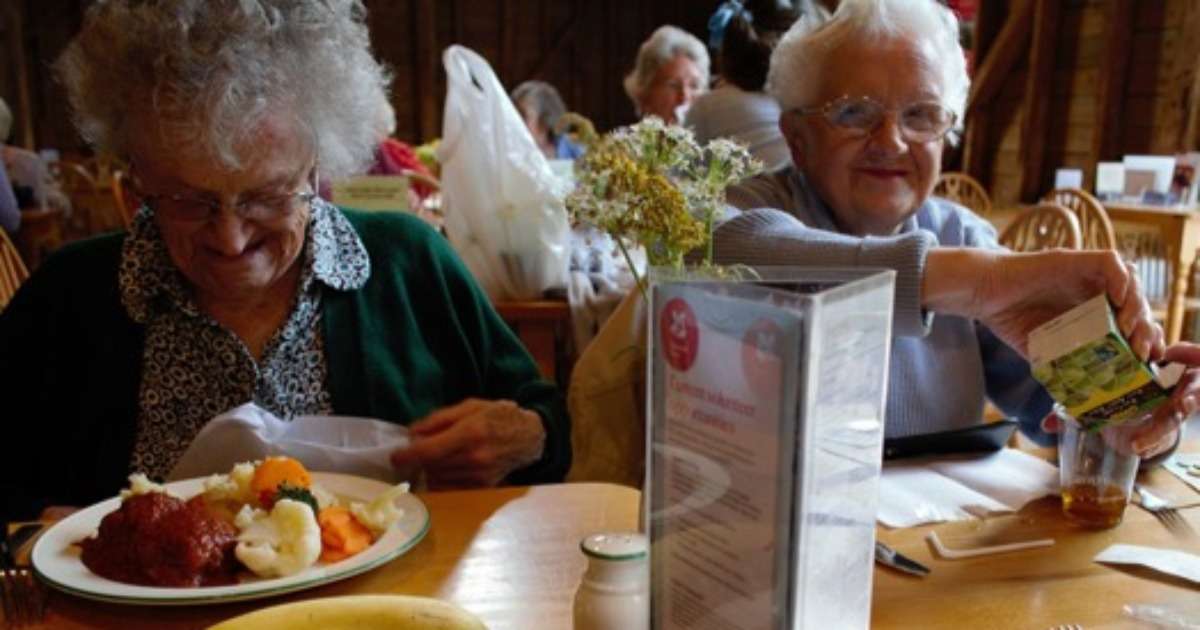
Three examples of nurse-patient interaction research
The use of video technology in nurse-patient interaction research offers important advantages to scientists in unraveling complex behavior patterns. Learn more!

Investigating the relationships between the immune system and the brain
Our research group is investigating the relationships between the immune system and the brain in humans.

The effect of simulation-based obstetric team training
Dr. Truijens describes the positive effects of simulation-based obstetric team training on communication between health care professionals, clear leadership, and more.

Implementing Tailored Activity Programs
Tailored Activity Programs (TAP) have been shown to have significantly reduce behavioral occurrences in dementia patients and improve engagement and positive behaviors.

Mealtime difficulties can lead to bad nutrition in nursing homes
People with dementia often experience life from moment-to-moment, which leads researchers to argue that they benefit from a person-centered approach.
